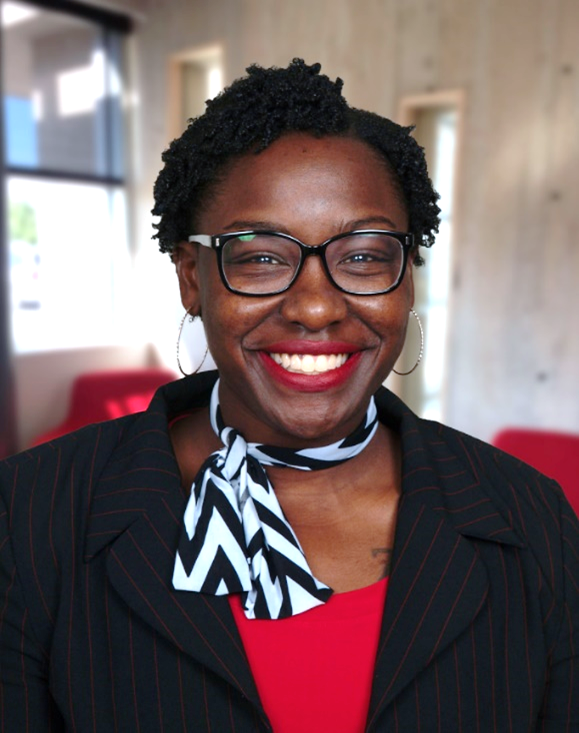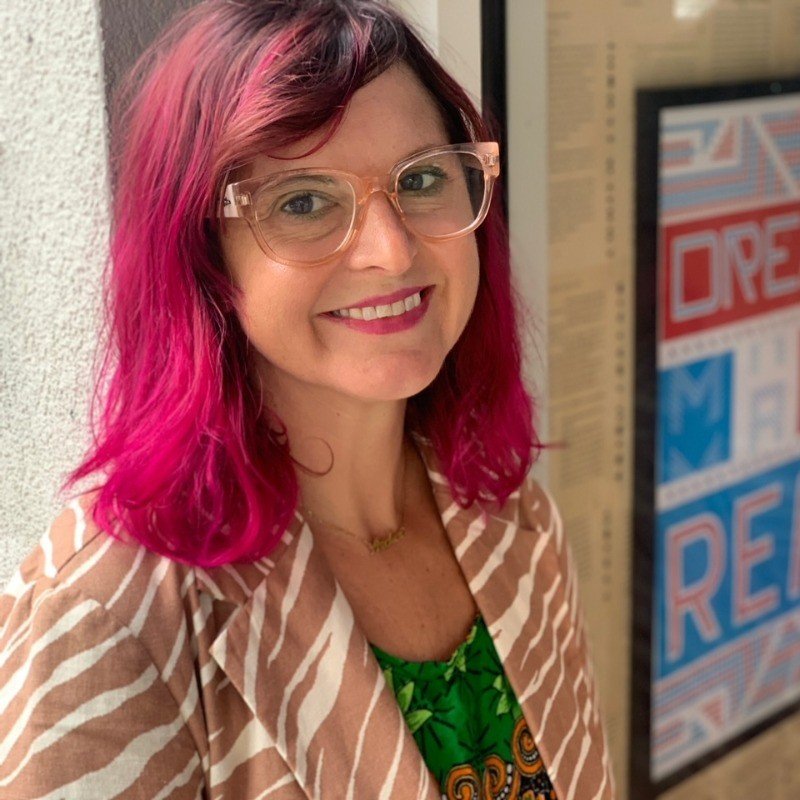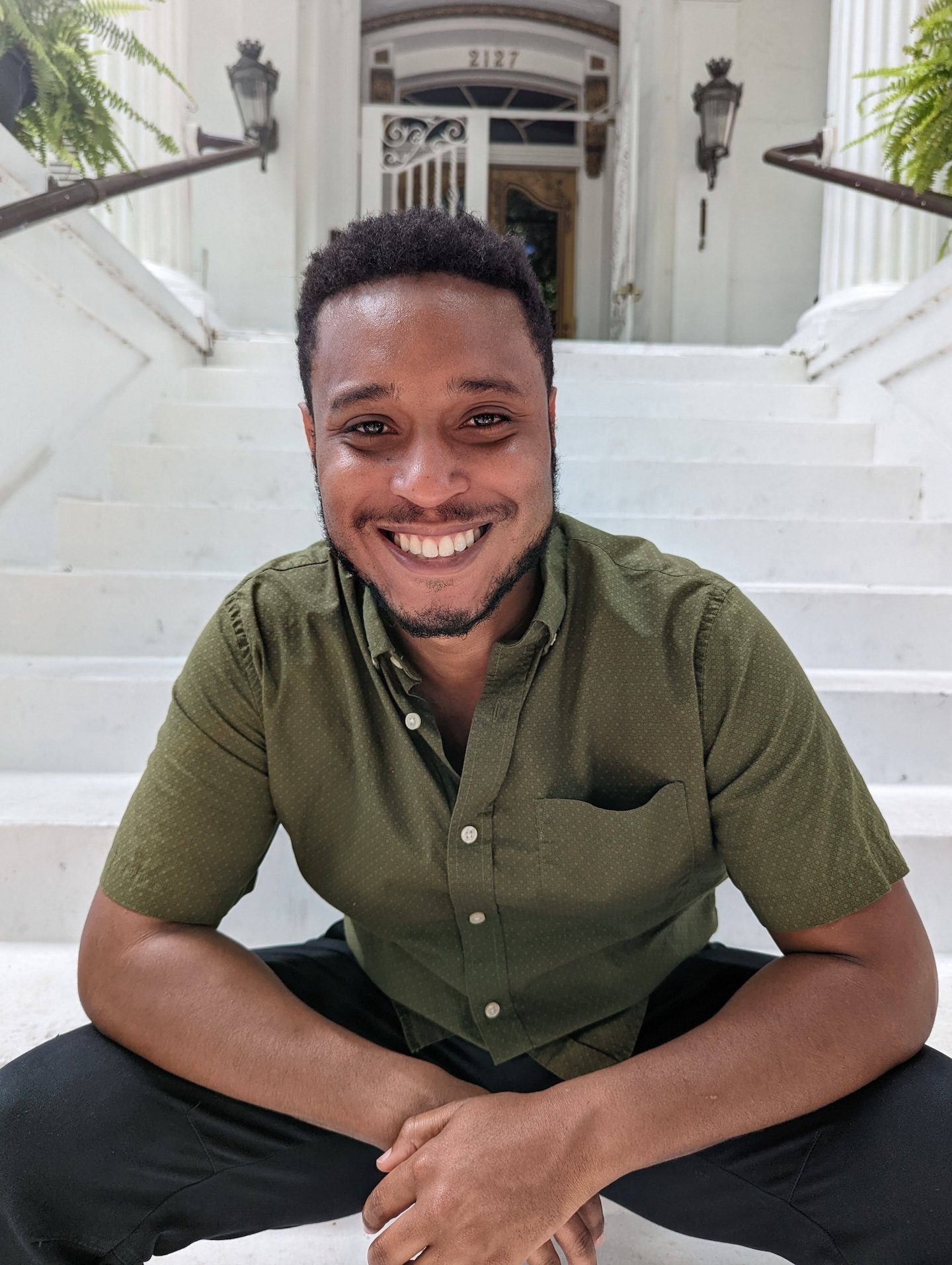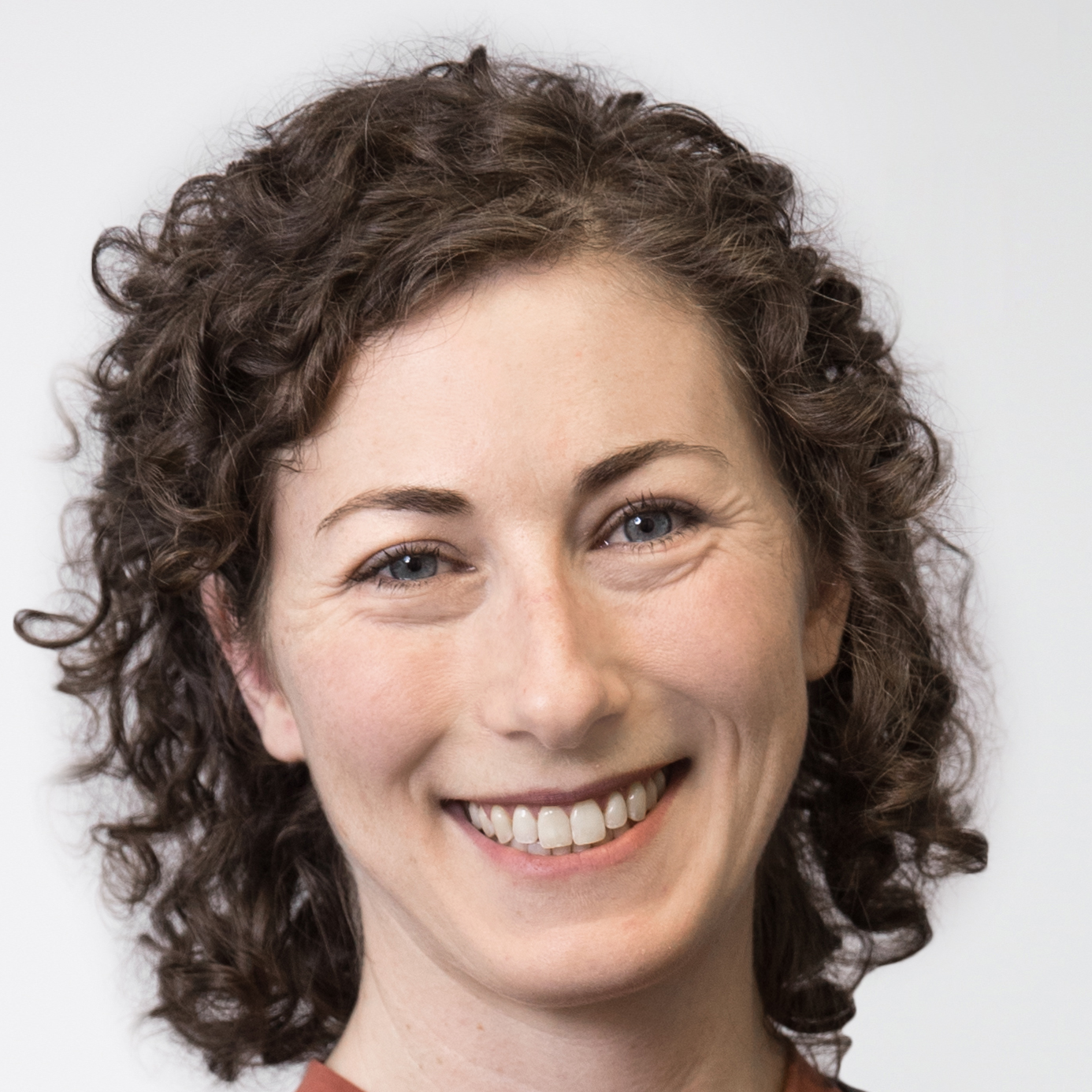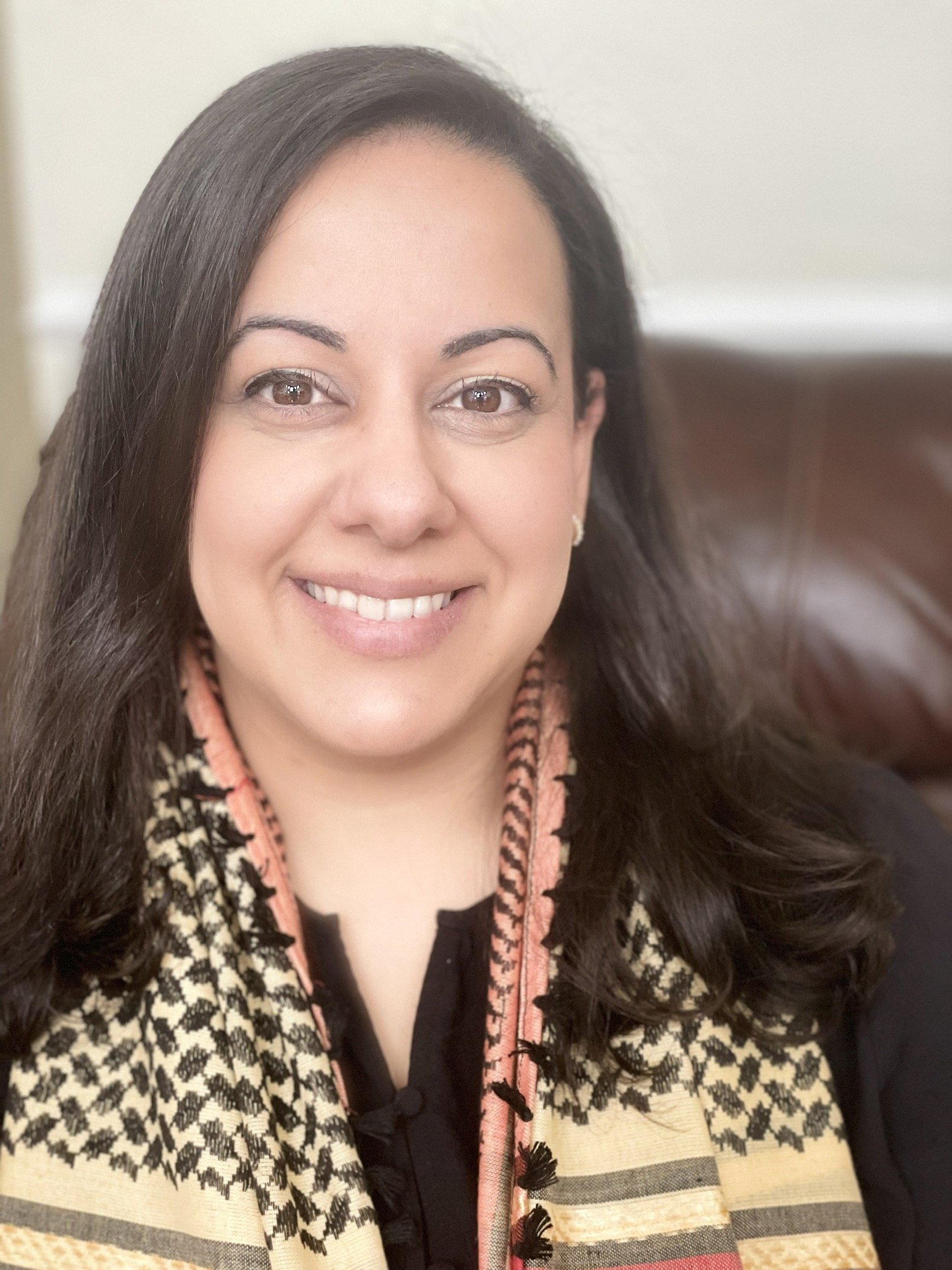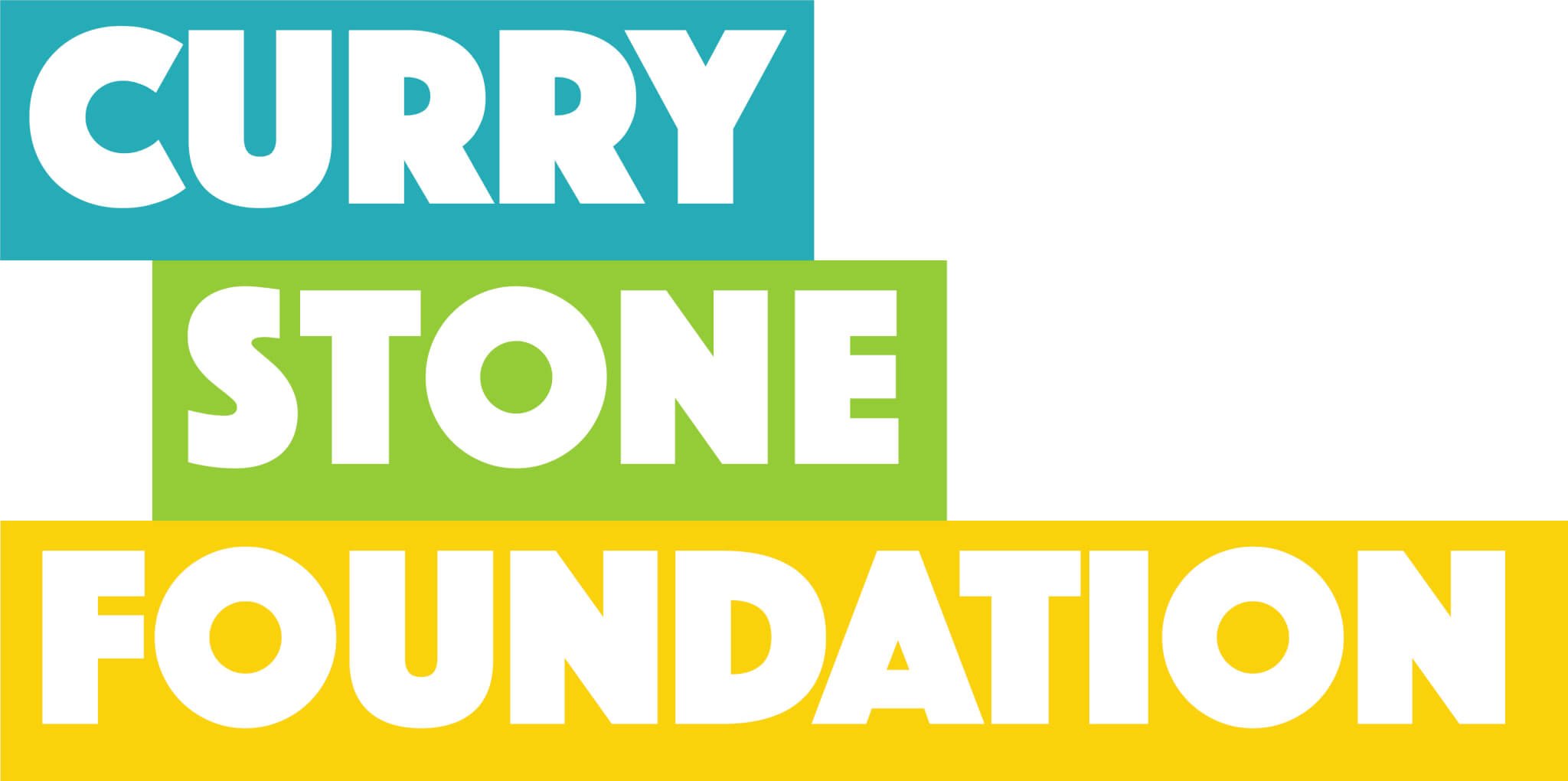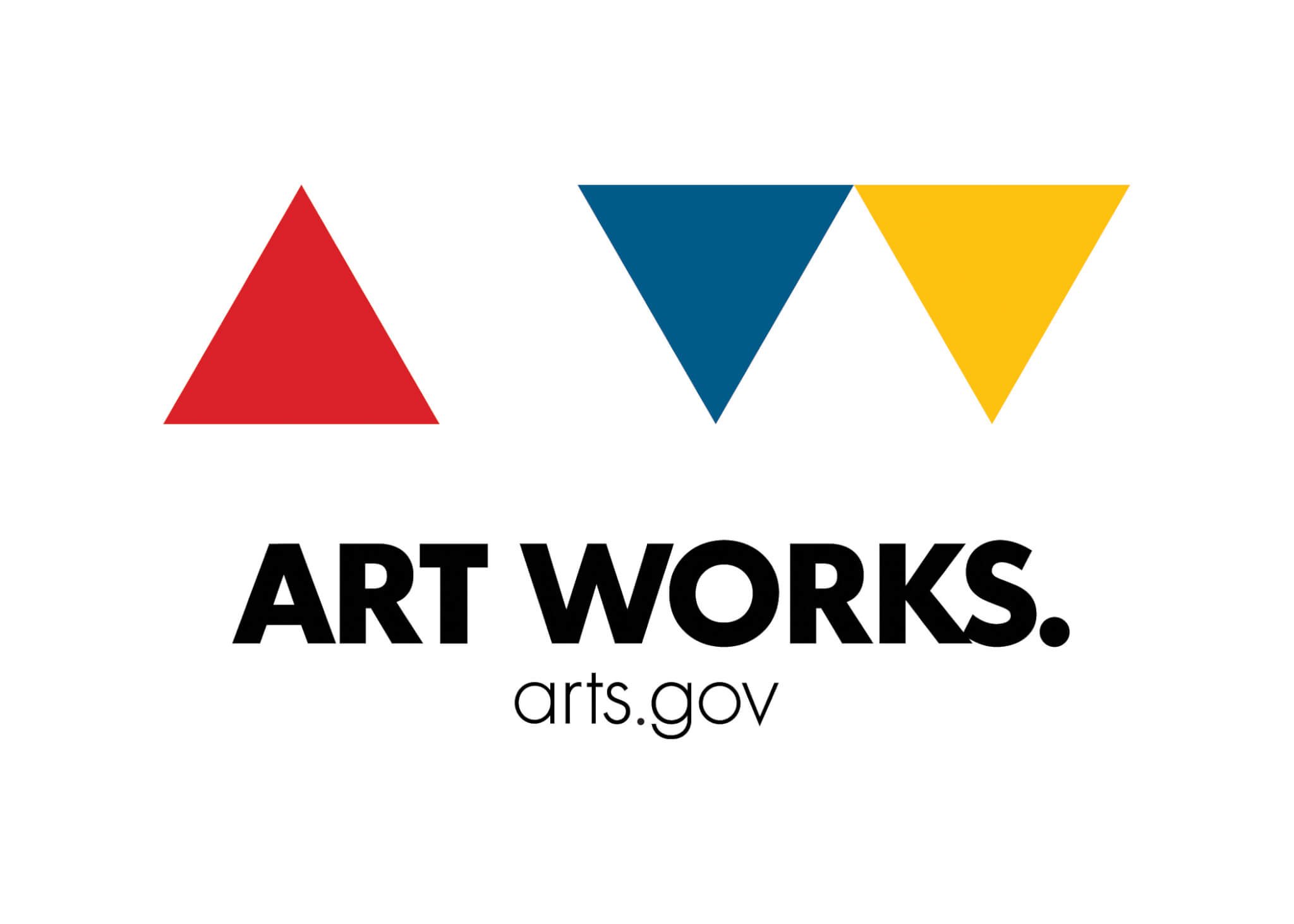Who We Are
Open Architecture Collaborative, Inc. (OAC) is a global learning community mobilizing architects, designers, and a diverse range of professionals who shape the built environment with technical skills to build capacity with communities experiencing systemic racism and marginalization.
We cultivate new models of design practice that prioritize:
-
We advance racial justice in our professions by offering trainings focused on systems thinking: understanding the structures, policies, and cultures in place that uphold racial inequity. And cultivate shared learning and practice community, knowing that change happens with support, care, and accountability with your peers.
-
We believe that investing in our wellness, physically and mentally, enables us to be intentional and thoughtful in our community engagement and design practice. In our trainings and programs, we incorporate grounding exercises and meditations as well as share trauma-informed approaches to community engagement and how to navigate conflict.
-
Our programming shares skills and strategies for design practitioners to incorporate climate driven design solutions across scale in their design solutions.
-
Co-Director (they/he/she)
Almas Haider is an architectural designer, community organizer, and storyteller. For over a decade, Almas has supported the existence and just alignment of South Asian, queer, trans, and non-binary Muslim collectives in the movement for the liberation of Black, Indigenous, and people of color. They have worked most extensively in social justice campaigns related to immigrant rights, detention and deportation, and state surveillance.
They have worked most extensively in the non-profit sector, including South Asian Network, South Asian Americans Leading Together, and the International Rescue Committee. Almas has also worked in the federal government in the U.S. Department of State’s Educational and Cultural Affairs Bureau. And as chaired committees and boards, including the National Queer Asian Pacific Islander Alliance, Satrang-LA, KhushDC, and API Equality-LA.
This informs his understanding and relationship to the built environment, inspiring Almas to pursue a career in architecture. She practices a land and design based strategy for liberation, primarily working with queer and trans land stewards across the U.S.
-
Co-Director (she/her)
Shalini Agrawal is trained as an architect and has over 25 years of experience creating and facilitating community workshops between participants of all ethnicities, and socio-economic statuses in Chicago, Oakland and San Francisco. She is founder of Public Design for Equity that centers equity in outcomes, co-founder and director of Pathways to Equity, a leadership experience that brings self-reflective practice to support responsible social impact design practice. Pathways to Equity was a recipient of the 2020 NOMA NAACP SEED Award for Justice, Equity, Diversity and Inclusion in community-based work. Shalini’s work in equity consulting is shaping the national conversation of equitable practices in architecture, planning and land use development, and is at the forefront of bringing equity and anti-racism pedagogy to architectural practice and education.
Shalini is Associate Professor in Critical Ethnic Studies, Interdisciplinary Studio and the Decolonial School at California College of the Arts. Her research and practice focuses on revealing the historical legacies of colonization in architecture and design and dismantling its lasting impacts. She has been recognized for her teaching and facilitation with the AIA SF Community Alliance Award for Education and the Interior Design Education Council's award for Community Service. Shalini is a Core Organizer for Dark Matter University, and contributing author to Design for Democracy: Techniques for Collective Creativity and Public Interest Design Education Guidebook.
-
he/him
Garrett is the founding director of the Open Architecture Collaborative and previously led programs and national networks at Code for America and Architecture for Humanity. He has produced creative placemaking and leadership programs in the Bay Area, piloting Pathways to Equity.
Garrett serves as Director of Research & Evaluation for Designing Justice Designing Spaces where he leads the discovery of project outcomes and manages projects and business development. He has an M. Arch from Tulane University, was selected as a 2016 Next City Vanguard.
-
he/him
Cesar is the Senior Business Transformation Consultant
at AECOM. Cesar brings a range of experience in public, community-based and academic approaches to design and architecture for equitable urban planning. He conducts mapping + zoning analyses, demographic and neighborhood research, as well as implements community engagement materials, tools and strategies. Last year, he researched development opportunities created by East Harlem’s most recent rezoning and the future development sites for the Second Avenue Subway. The basis of this research and recommendations was guided by the East Harlem Neighborhood Plan, an intensive multi-year community-based planning process done prior to the rezoning.Cesar holds a B.Arch. in Architecture from the City College of New York. Before Hester Street, he worked for NYC’s Department of Design and Construction overseeing cultural capital projects citywide and interned in non-profits such as The Van Alen Institute, J. Max Bond Center and In Our Own Back Yard (IOBY).
-
she/her
Anita Cobb, MBA, is Mead & Hunt’s Market Leader for Aviation Equity Strategies. Though her title reflects the core of her work, she also has created equity-based programming and trained professionals in the Transportation, Architecture, and Water Resources fields, as well as many other service lines in the AEC industry. She has a passion for and specializes in matters related to environmental justice, community collaboration, youth education, family empowerment, and mentorship. She supports and shares creative strategies focused on advocacy, transparency, and resource literacy for individuals that are marginalized and facing undue hardship.
Anita’s recent activities include collaborating with academics to explore neurodiversity in planning and engineering, developing targeted universalism approaches for disadvantaged and underserved communities, creating a universal hub for aviation professionals focused on diversity and equity, and producing strategies to optimize DBE training, development, and significant project participation. She is also involved in the production of equity best practice documentation that addresses systemic inequalities in the aviation industry.
-
she/her
Tavia Stewart is a Bay Area writer, creative placemaker, and two-time literary nonprofit founder. She is the co-author of Ready, Set, Novel (Chronicle Books) and author of multiple novel-writing workbooks for kids and teens (NaNoWriMo’s Young Writers Program). Tavia worked at National Novel Writing Month as a founding staff member and COO for 10 years. In 2014, she co-founded Chapter 510, an 826-inspired writing, publishing, and bookmaking center in Oakland, CA where Black,brown, and queer youth are currently writing us all a more fantastic future. She is also the creator and Creative Director for Chapter 510’s magical bureaucracy (interactive retail storefront) the Dept. of Make / Believe.
-
he/him
Christopher M. Schutte is an Anchorage-based community and economic development consultant focused on transformative infrastructure and commercial real estate across Alaska. As an expert owner’s representative, he provides strategic oversight in zoning, project management, financial planning, and rural economic growth.
In 2021, Chris transitioned to consulting after six years as the Director of Economic & Community Development for Anchorage, leading key initiatives under two mayors to enhance economic resilience and livability. He previously served as Executive Director of the Anchorage Downtown Partnership, where he improved safety, cleanliness, and vibrancy in the city’s Downtown Improvement District.
Chris holds a B.A. in Political Science from the University of Alaska Anchorage and an M.A. in American Politics from Claremont Graduate University. He lives in Anchorage with his wife, two kids, and two cats on the traditional lands of the Dena’ina people.
Board of Directors
-
he/him
Jaryn is a leader of Inclusive Design in Healthcare. His work intentionally centers the wellness and joy of Black people as a grounding point to work towards the liberation of other oppressed communities.
As a design leader, author, board member, and founder; Jaryn has spent over 10 years developing services that bridge healthcare, technology, and the community. He’s made it easier for Veterans to access the care, helped telehealth teams adapt to a global pandemic, supported a billion dollar merger, distributed $80k in reparations, & developed a passion for maternal health. Most importantly he’s raising a really dope kid with his really dope partner.
-
she/her/they/them
Susan Strom is an AEC industry leader with deep expertise in firm operations, communications, and learning. Her years of experience consulting with mid-size architecture and engineering firms enables her to bring a unique perspective on the "voice of the firm" to her role on OAC's Communications Committee.
Susan lives in the bay area with her wife and kiddo and enjoys helping firms evolve and grow via her day job at Knowledge Architecture and reading social science fiction.
-
she/her
Jenine Kotob, AIA, NOMA, is a public architect, community organizer, and thought leader with over 15 years of experience in the design industry. She serves as the Assistant Director of Capital Projects for the City of Alexandria, Virginia, overseeing design and construction projects for public facilities. Prior to joining the City, Jenine worked at The American Institute of Architects, focusing on policy and advocacy work to advance equity in the profession of architecture. Jenine spent most of career in the private sector designing safe, healthy, and community-driven education facilities. Her expertise has been featured in The Washington Post, Reuters, Congressional Quarterly, The New York Times, Slate Magazine, Education Week, ArchDaily, and Metropolis Magazine. She holds a master’s degree from the Massachusetts Institute of Technology in their Aga Khan Program for Islamic Architecture, and a Bachelor of Architecture degree from Virginia Tech University. In addition to serving on the OAC board, she is a board of trustees member with the Arab American Association of Engineers and Architects.
-
she/her
A designer, facilitator, and strategist, Allie focuses on projects and uses methods that foster local self-determination and improve lives. She is a proven leader with the ability to enact visionary change and a designer expert at using participatory processes to achieve equitable design outcomes. She believes that the most resilient solutions are responsive to local context, honor grassroots expertise, and spark imagination and inspiration.
-
he/him
Jakiel Sanders, an accomplished architect with over 15 years of experience in designing inclusive K-12 schools, strives to create designs that respond to diverse learning needs and foster community connections. He is actively engaged with professional organizations such as the National Council of Architectural Registration Boards, where he is a champion for access and equity within the architectural licensing process. Moreover, Jakiel’s commitment to mentoring aspiring architects further highlights his belief in the transformative power of giving back.
-
she/her
Alexis Plair is a creative design strategist with a mission to co-create a just world where communities are liberated and empowered to shape their own
lives and futures. In her 10 years working with mission-diven firms, Alexis has worked across infrastrcture, clean energy, and transportation sectors. Currently a consultant in the social impact space, Alexis shines brightest when co-creating community-based solutions that make lives better.
-
she/her
Audrey Alverson has held leadership roles in organizational strategy, marketing, and communications for 15 years – as an employee, consultant, and volunteer for various architecture, housing justice, human rights, and social justice organizations. Her work in the architecture profession has always been driven by her commitment to equity and justice, and her belief that the profession has great opportunity to use its power for the good of people and communities broadly. Today Audrey leads The Bold Work Collaborative, a strategy and communications consultancy that helps purpose-driven organizations position for bigger impact, more resilience, and better recognition.
Board Members Emeritus Ida Cheinman, Ricardo Daza, Maryam Eskandari, Audrey Galo, Christina Garmendia, Steve Jones, Geoff Malia, Sandy Mendler, Casius Pealer, Bryan Malong, Annie Ledbury, Ashrita Shetty, Allan Co, and Karen Robichaud
Advisors Shakira Ferrell, Allen Hunn, Ashley Hand, Katherine Darnstadt, Bob Sofman, Dr. Antwi Akom, Tessa Cruz, and Aekta Shah
Thanks to Our Funding Partners
Thanks to Our In-Kind Supporters
Legal Support – Melanie Ruthruaff at Mintz Levin
Branding – Eric Piper and Homestead Design & Branding
Design Support – Steve Jones, Plantain Studio
Branding Research – Mo Dhaliwal and Skyrocket
Business Model Research – verynice.
Software – Autodesk Foundation
